Innovative Solutions in Food Waste Management New York x Brussels
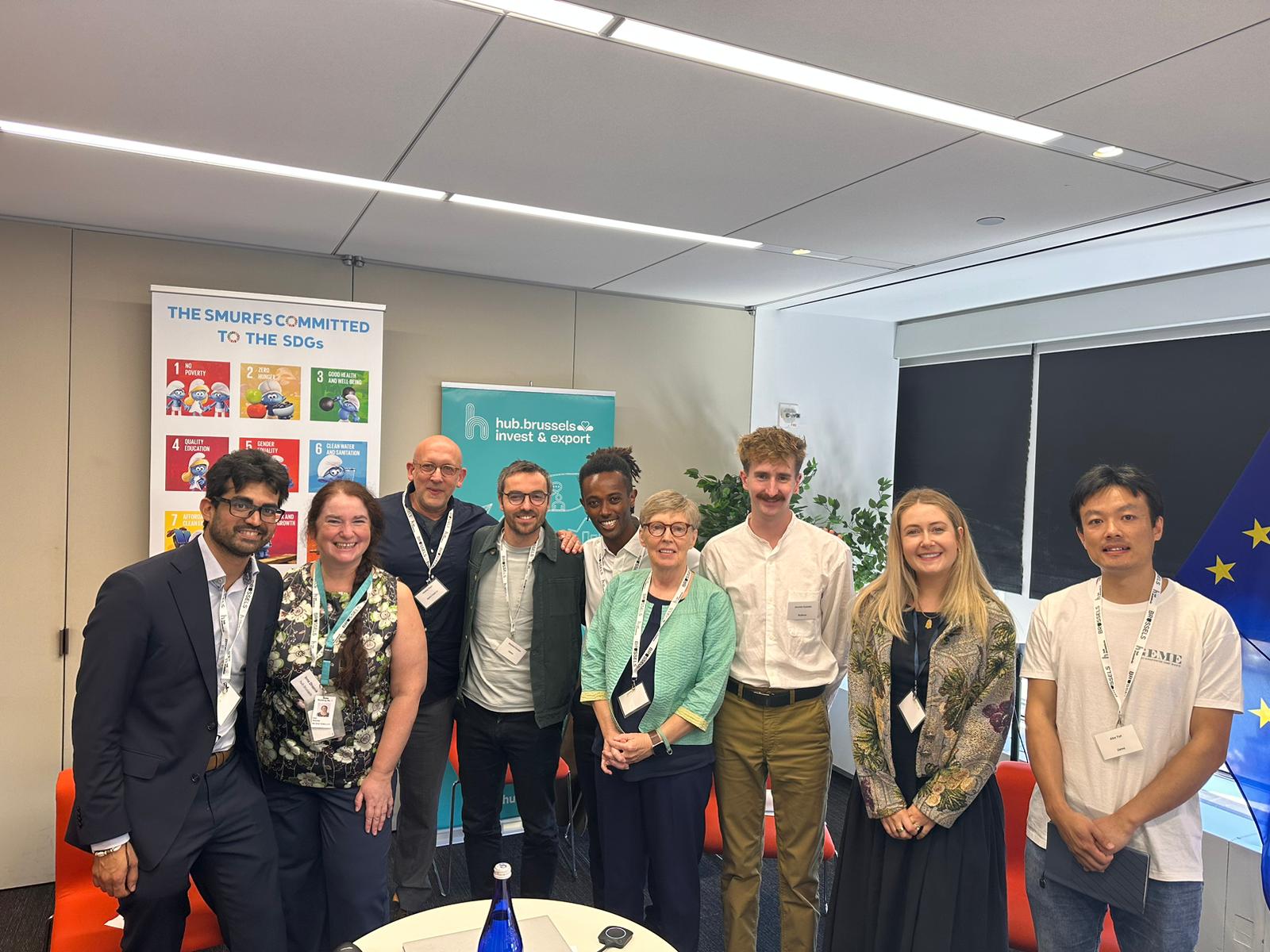
In the current process of globalization, food waste has emerged as a severe issue that urgently demands resolution and has captured the extensive attention of the international community. According to the statistics of the Food and Agriculture Organization of the United Nations (FAO), approximately 1.3 billion tons of food is wasted globally each year, which is equivalent to around one-third of the total global food production (FAO, 2024). Food waste not only leads to a colossal loss of precious resources such as land, water, and energy consumed during food production but also exerts a profound negative impact on the environment, including land occupation due to landfill, greenhouse gas emissions, and water pollution. Simultaneously, it poses a serious threat to global food security.
The United Nations has been actively committed to addressing this global challenge. In the Sustainable Development Goals (SDGs), Target 12.3 explicitly states that by 2030, the per capita food waste at the retail and consumer levels should be halved globally, and food losses along the production and supply chains should be reduced (United Nations, 2015). To achieve this ambitious goal, governments, social organizations, and enterprises from all over the world have taken action to explore innovative solutions and construct sustainable food circular systems.
The forthcoming symposium, "Innovative Circular Solutions to Reduce Food Loss and Waste - New York and Brussels, Leading Cities" in New York, is an event that has attracted wide attention. It will bring together experts, scholars, entrepreneurs, and policymakers from around the world who are dedicated to solving the food waste problem. At the symposium, GEME will share its successful experiences, innovative technologies, and practical solutions in reducing food waste, contributing its wisdom and strength to global food waste management.
The symposium's contribution to reducing food waste is multi-faceted and comprehensive. Throughout the entire chain, from food production to food waste disposal, different enterprises and organizations will play diverse roles.
For example, Bertrand Delubac, the co-founder of JANINE Bakery - Brewery, has practical experience in operating a circular economy in the brewery and combating food waste. His unique waste recycling model involves using unsold bread in beer production and recycling spent grains from the microbrewery in bread making. The brewery has achieved remarkable results in commercial operations, such as winning the Greenlab Prize and the Food Waste Awards. This model not only reduces food waste but also creates commercial value and provides valuable references for other enterprises in sustainable development. FoodWIN, on the other hand, has been collaborating with large kitchens, hotels, restaurants, food companies, and local governments to combat food waste in an action-oriented and inspiring manner. Their efforts include implementing specific initiatives to reduce food waste in various scenarios and promoting the entire food industry chain to pay more attention to and take action on food waste issues through cooperation.
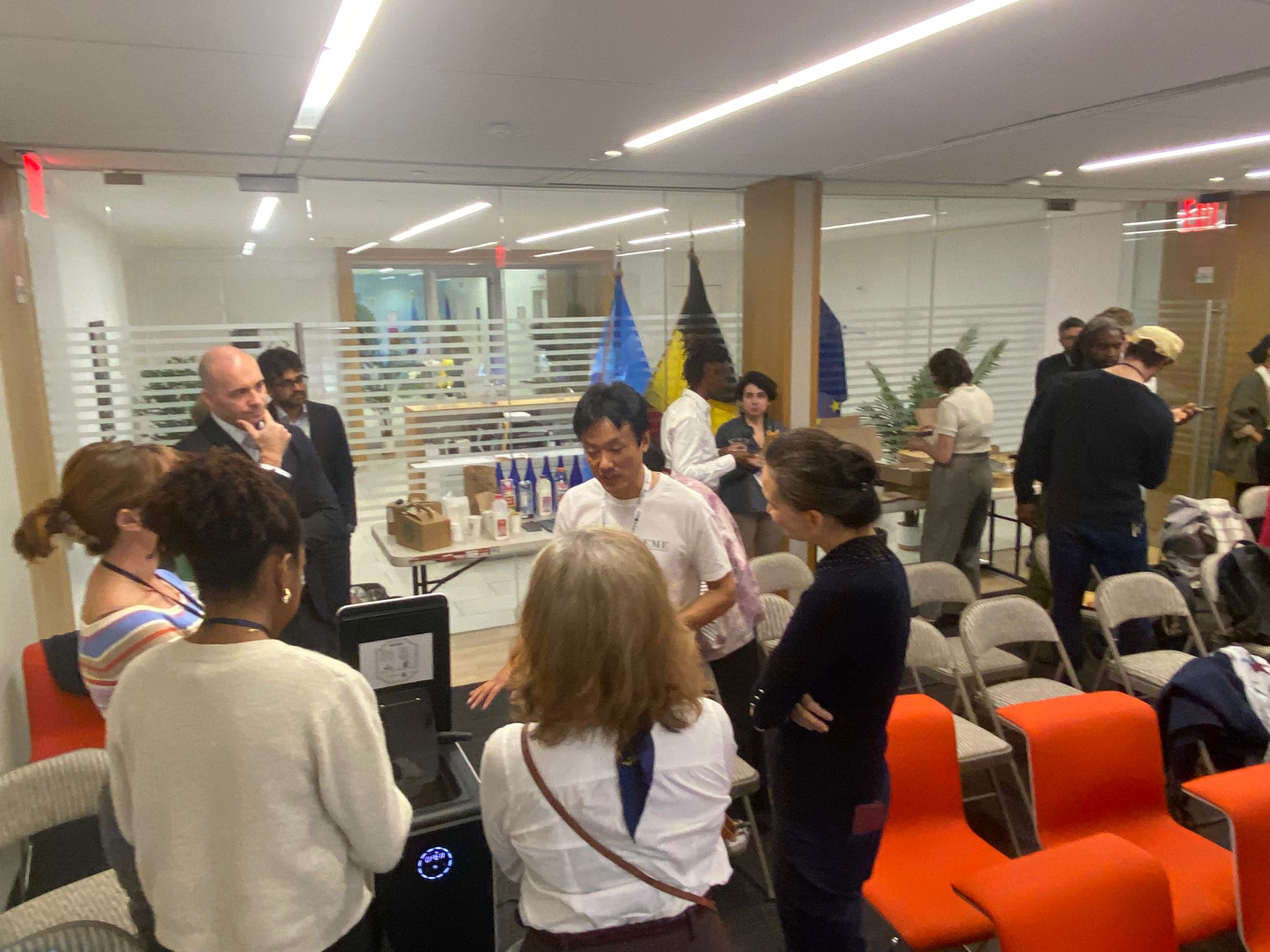
GEME will represent Brussels in this symposium. GEME focuses on dealing with already wasted food. When food waste inevitably occurs, GEME's core product, the kitchen waste composter, plays a crucial role. These composters utilize advanced microbiological technology to quickly and efficiently convert kitchen waste into nutrient-rich organic compost. The organic matter, nitrogen, phosphorus, potassium, and other trace elements contained in kitchen waste are retained and enriched during the composting process, becoming valuable resources for nourishing the soil. After being applied to the soil, this organic compost can significantly improve soil structure, enhance the soil's water and nutrient retention capacity, and activate soil microbial activity, creating a favorable soil environment for crop growth. Using the organic compost produced by GEME composters to treat kitchen waste can make the soil more porous and conducive to the expansion of crop roots and nutrient absorption, thereby effectively increasing food production and quality and realizing resource recycling while reducing dependence on chemical fertilizers.
GEME's composting technology not only plays an important role in the field of agricultural production but also has a positive impact on consumer behavior and market consumption patterns. Consumers who use GEME composters can personally experience the transformation process of food waste and deeply understand the hidden resource value and environmental cost behind food waste. This awareness transformation prompts consumers to be more cautious in food consumption in their daily lives, paying more attention to reducing waste in all aspects from purchasing, storing to cooking.
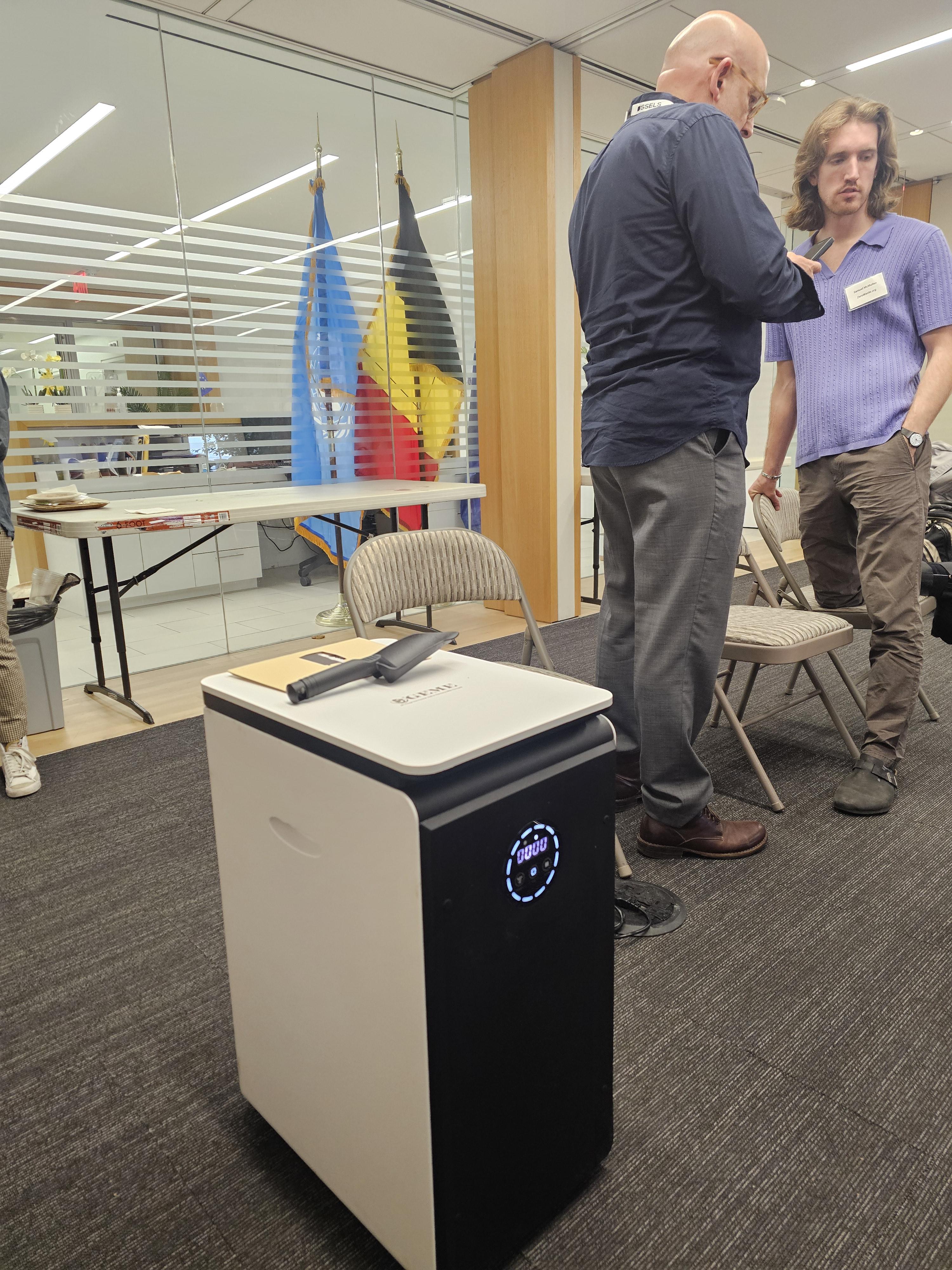
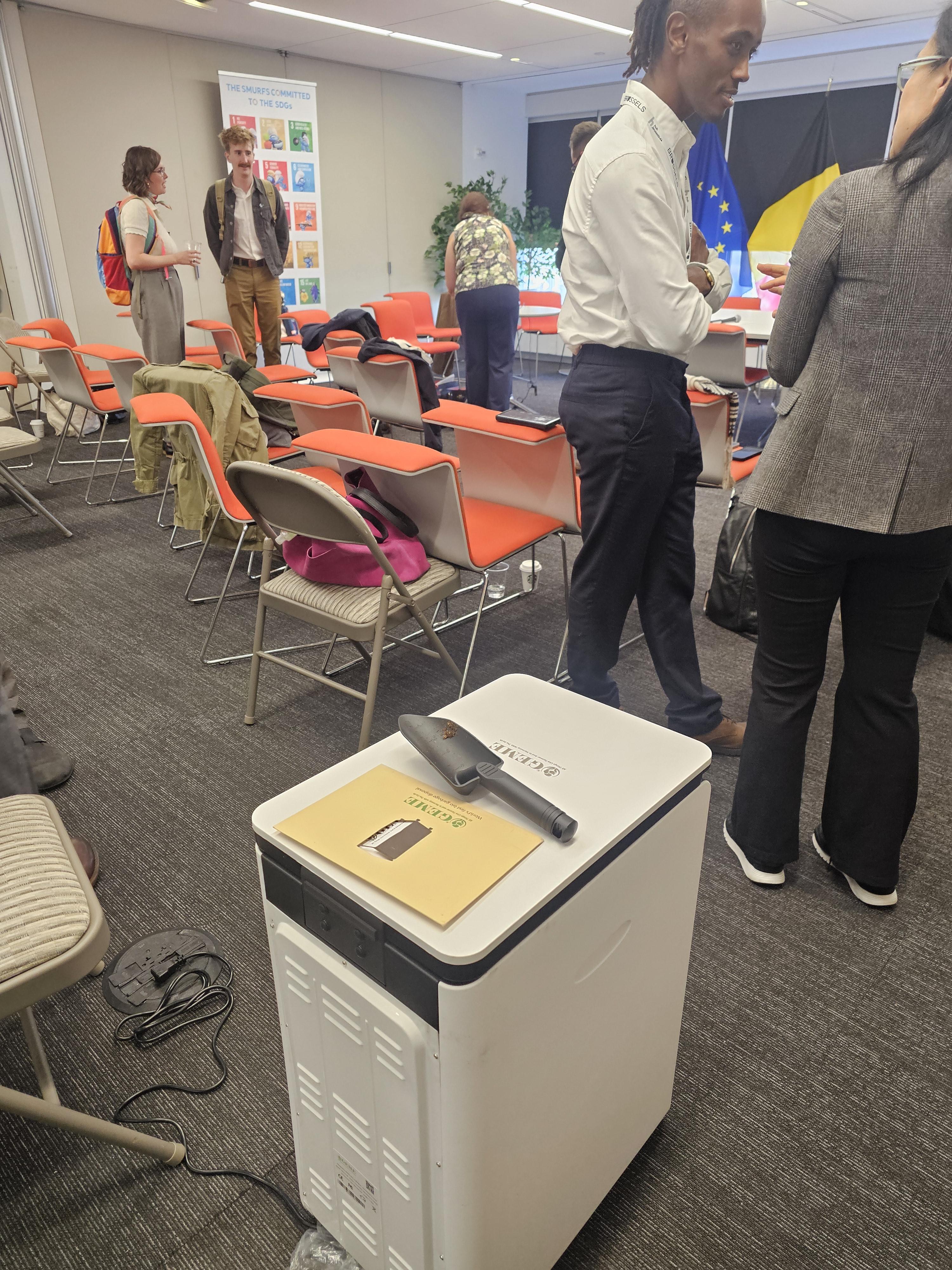
Meanwhile, GEME's composting practice has strongly promoted resource recycling. In Singapore, there is a farmer who is a user of GEME. His farm inevitably generates food waste such as rotten and damaged fruits during daily operations. Facing this situation, he actively sought cooperation with GEME. With the help of GEME's advanced technology, he successfully converted these originally discarded food waste into valuable usable fertilizers and then applied them to the farm's operations. Besides selling composters, GEME also provides customized solutions to users. Solutions like the environmentally friendly production method and focus on resource recycling adopted by this farm are what GEME has been continuously promoting.
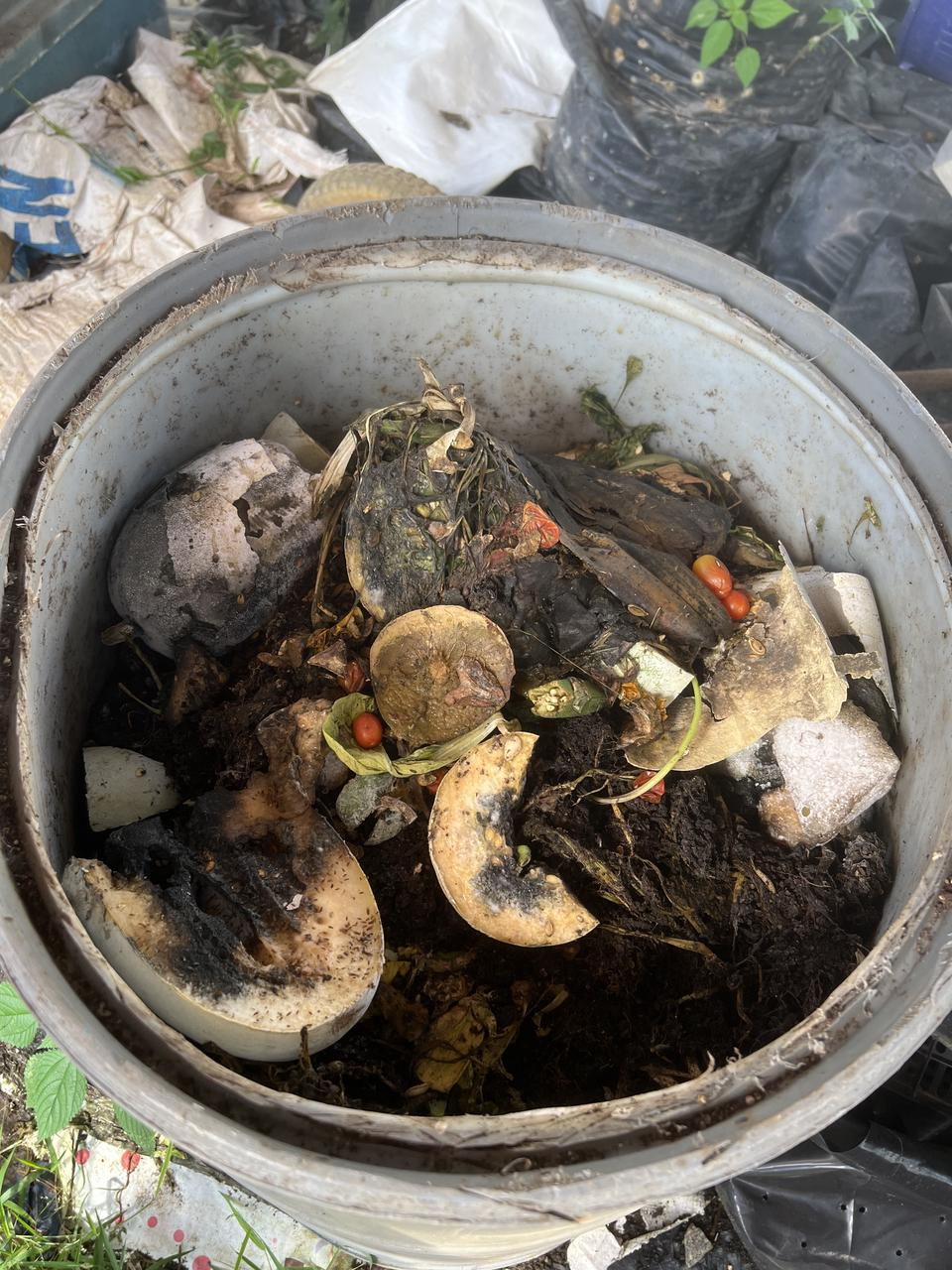
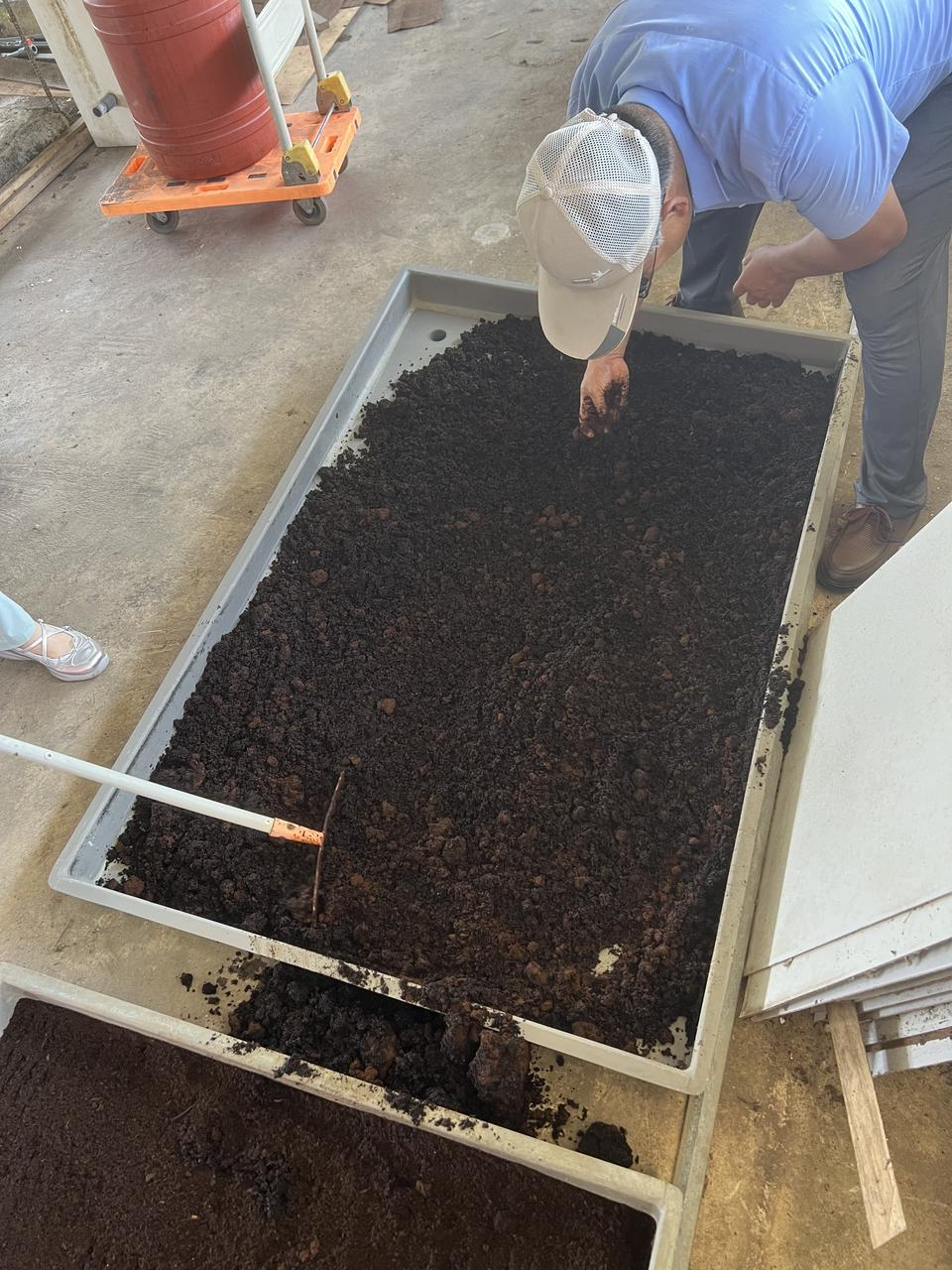
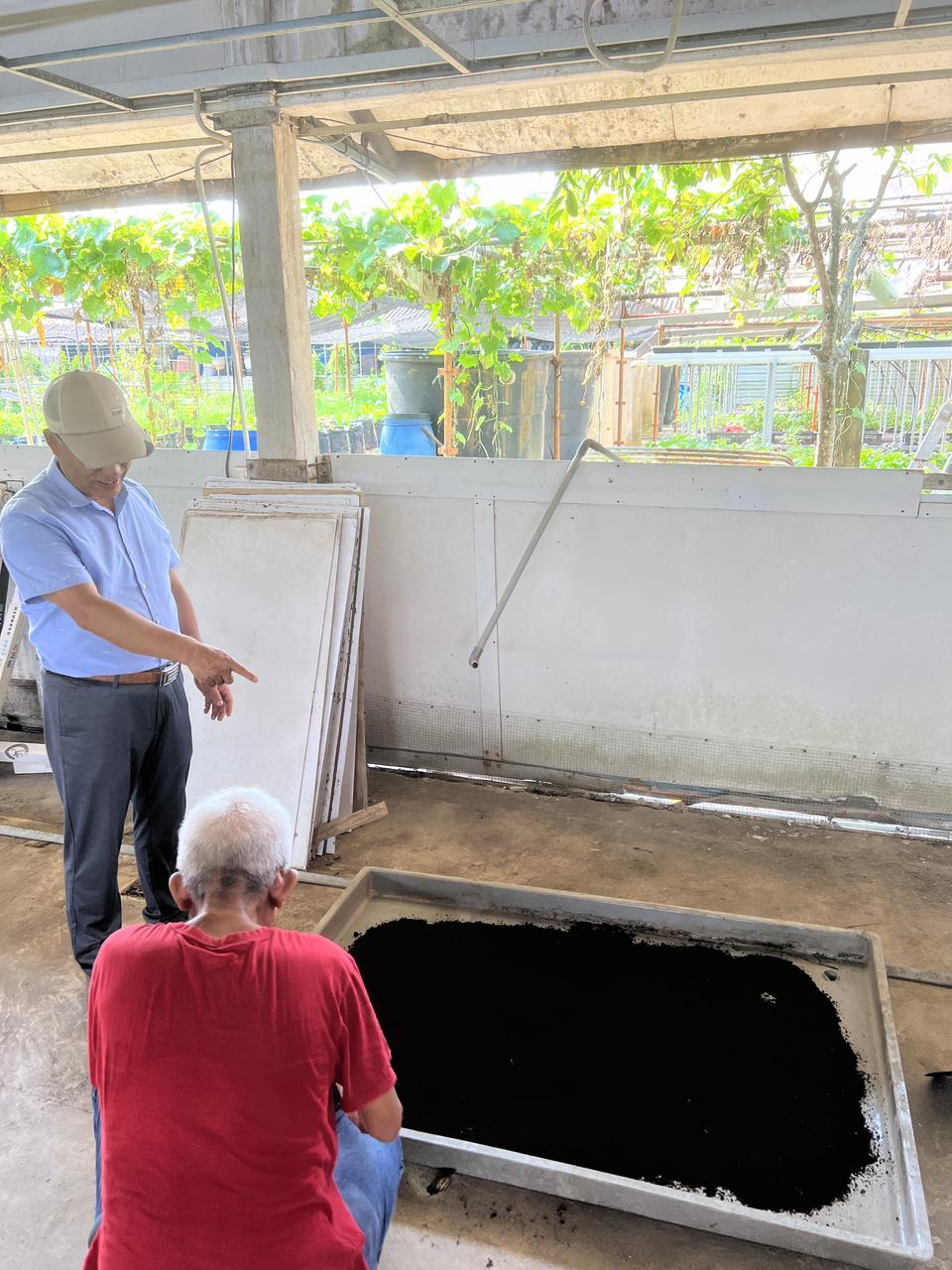
In addition, GEME's composting solution is of great significance in alleviating the tension between food production and the resource environment. If kitchen waste is not properly disposed of, it will place a heavy burden on the urban waste disposal system. A large amount of kitchen waste requires a significant amount of landfill space, and during landfill, it will produce greenhouse gases such as methane, exacerbating climate change. If incinerated, it will release harmful gases and pollute the atmosphere. By converting kitchen waste into organic compost, GEME realizes the resource utilization of waste, greatly reducing the amount of kitchen waste entering the waste disposal system, lowering disposal costs, and reducing environmental pressure. This creates a more favorable ecological environment for food production, as a good ecological environment is the foundation for ensuring food security and sustainable production.
GEME aspires to be a significant contributor in food waste management and the construction of a sustainable food system. By adhering to the principles of sustainable waste management and circular economy, GEME hopes to achieve remarkable results in promoting sustainable food production, guiding consumer behavior changes, and coordinating the relationship between food production and the resource environment. In the future, GEME will continue to uphold the spirit of innovation, continuously optimize its products and services, and collaborate with partners from all sectors to contribute more to the sustainable development of the global food system.
